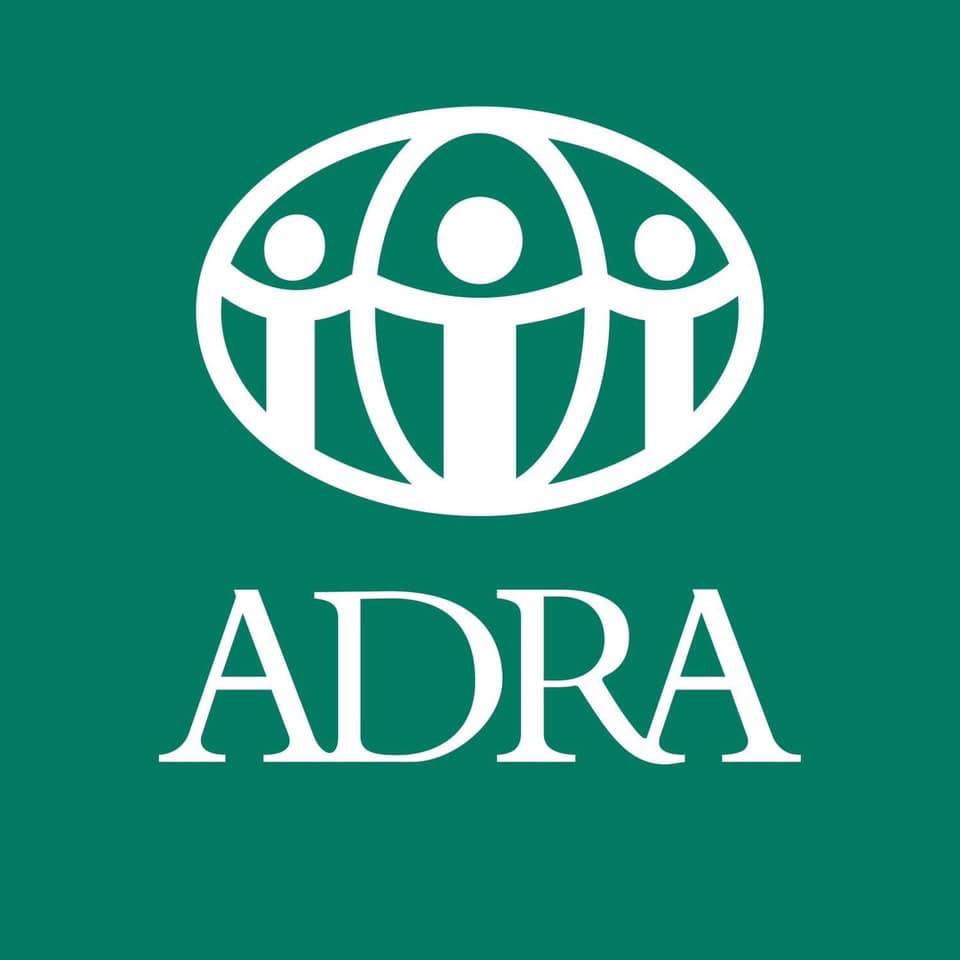Walking a dog that pulls on leash is not only frustrating – but it can also be dangerous. So it is common for concerned pet parents to look for simple solutions. These sees some turning to cruel things like prong collars.
Pronged collars have fang-shaped metal links, with blunted open ends turned towards the dog’s neck so that, when the collar is tightened, it pinches the naturally loose skin around the dog’s neck in order to restrict their movement.
These collars are considered harmful, as they are used to correct unwanted behaviour through inflicting pain as punishment. Unfortunately, some dog trainers recommend these collars, even though more humane training methods are available – including reward based training methods.
Studies have shown that the use of prong collars, choke chains and shock collars are physically dangerous to dogs.
Prong collars work by putting pressure on a dog’s throat which can lead to severe injuries of their thyroid glands and trachea. This can lead to other serious health problems down the road like hypothyroidism, weight gain, ear infections, hair loss, skin issues and even organ failure.
Other injuries caused by prong collars include eye injuries, thinned corneas, and glaucoma due to the increased pressure on the dog’s eyes from being choked.
But what about the emotional toll prong collars take on dogs?
Recent studies have confirmed that the use of prong collars is emotionally damaging to our canine counterparts – so they are not only therefore a danger to them, but also to us.
In fact, dogs who are already reactive on walks and who already suffer from leash anxiety were found to become more anxious and agitated upon prolonged exposure to uncomfortable and painful prong and choke collars, with the collars leading to greater stress in dogs, and therefore a higher risk for potential aggression and bites on owners.
These collars are nothing short of cruel – and they do not successfully modify canine behaviour. Real fences and positive training methods are the kind choice and are actually much more effective.
Unfortunately, while it is illegal to import pronged collars under Australian customs legislation, the sale and use of these collars is not illegal. So unscrupulous distributors bring in them in segments to avoid breaching the import legislation. Upon arrival, the collars are reassembled and sold to dog owners who may well not be aware of the dangers these pose.
The RSPCA believes such collars should be banned across Australia. Many dog trainers and animal welfare groups support this view.
However, so far, Victoria is the only jurisdiction to have banned these harmful collars.
We know that most Tasmanians care about the treatment of dogs. It is time for our state government to take action to stop this cruel practice.
MEDIA CONTACT
Jan Davis, CEO – RSPCA Tasmania
Mobile: 0409 004 228
Email: jdavis@rspcatas.org.au























